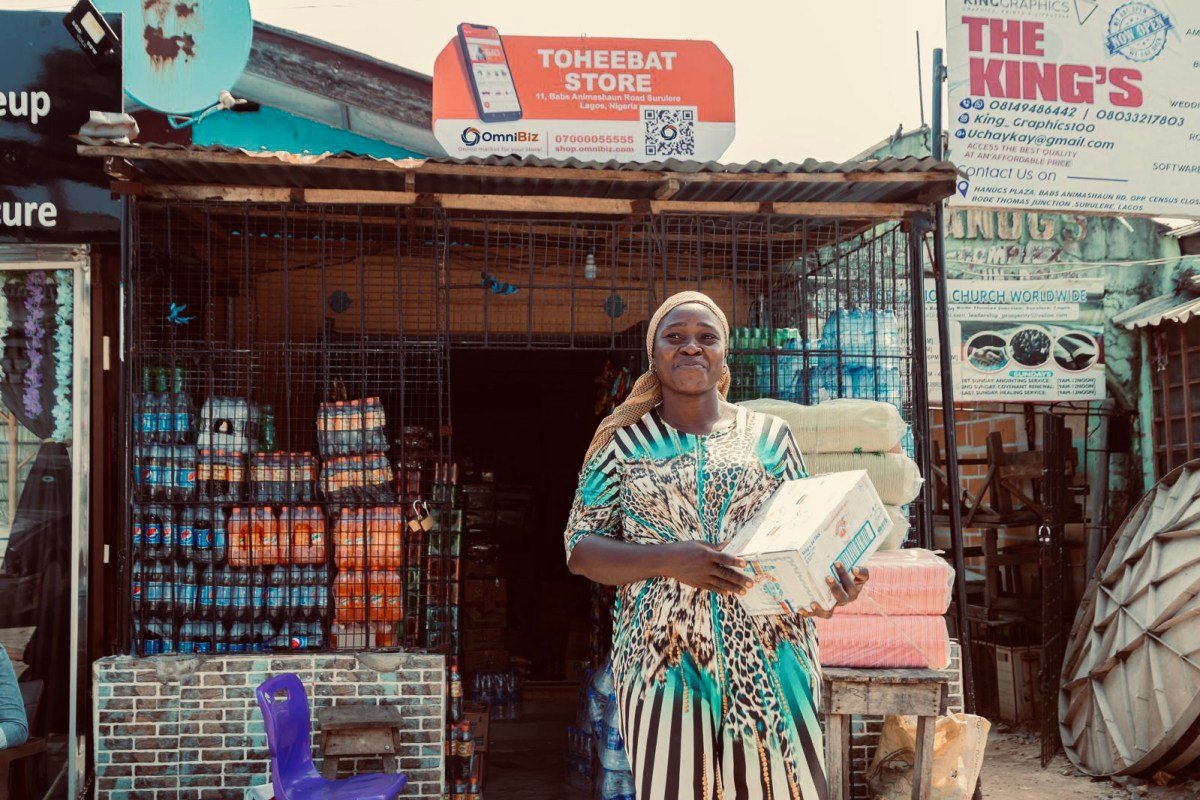The Rise and Challenges of B2B E-commerce in Africa
The African continent has seen a surge in venture capital investment over the past five years, with fintech and cleantech leading the way. However, B2B e-commerce and retail have also been major destinations for these investment dollars, particularly during the venture capital boom of 2021. The promise of digitizing small convenience stores and improving logistics and procurement processes has attracted millions of dollars to this sector.
But, as with any industry, there are challenges to building and scaling large businesses in this space. Funding constraints, tight margins, and increased competition have all raised questions about the sustainability of B2B e-commerce startups. Many have struggled to keep up with the costs of expanding operations, leading to layoffs, closures, and mergers.
“Unprofitable growth at all costs turns into a death sentence the moment the funding market freezes.”
– Ismael Belkhayat, CEO of Chari
For the B2B e-commerce startups that are still operational, finding a sustainable strategy for digitizing store operations and achieving profitable growth in the fast-moving consumer goods (FMCG) space is crucial. With thin gross margins ranging from 3-6%, factors like goods category, operational scale, and supplier relationships all play a role. Additionally, logistics and warehousing costs vary depending on whether a business follows an asset-light or asset-heavy model.
One startup, Nigeria-based OmniRetail, has managed to achieve profitability in this challenging industry. By partnering with 65 brands and implementing clever marketing strategies, they have been able to increase their margins while also tackling currency devaluation issues. Their gross margins currently stand at 9%, with net contribution margins at 5%.
The Power of an Asset-Light Model
Many B2B e-commerce platforms provide a valuable service for FMCG manufacturers like Unilever and P&G. By digitizing the supply chain and streamlining distribution to the last mile, these platforms make it easier for manufacturers to launch new products to the market. One such platform is OmniRetail, founded in 2019 by Deepankar Rustagi.
OmniRetail’s flagship product, Omnibiz, was launched in 2020 and allows retailers to place orders directly with manufacturers. These orders are then fulfilled by partner distributors, who specialize in warehousing, and delivered to retailers within 24 hours via third-party logistics providers. Since its launch, OmniRetail has also developed two additional products: Amplify, for distributors, and OmniPay, an embedded finance platform for retailers and distributors.
According to Rustagi, becoming a value chain player has been crucial to OmniRetail’s journey to profitability. By engaging with distributors on their platform and offering working capital tools like OmniPay, they have been able to increase their margins and provide more value to their partners.
OmniRetail is not alone in implementing this strategy. Other B2B e-commerce startups have also diversified their offerings to include working capital provisions or buy now, pay later options. And while asset-light and hybrid models have their drawbacks, they allow for collaboration with existing trade networks rather than displacing or undercutting them.
Interestingly, OmniRetail’s payment and embedded finance platform, tailored to retailers’ transaction histories, has played a major role in their success. By partnering with logistics providers and using a decentralized warehousing and hyperlocal logistics model, they have been able to reduce supply costs by 3%.
Overcoming Challenges and Seeking New Opportunities
With the retail landscape in Africa remaining largely fragmented, many B2B e-commerce startups have opted for asset-heavy models to reach their target market. However, these models have proven to be unsustainable and have led to reduced margins due to high maintenance costs. On the other hand, asset-light models allow for hyperlocalization and can optimize warehousing and logistics costs.
For OmniRetail, their decentralized model has been key in minimizing logistics costs and allowing for efficient delivery. Instead of using a daily rental fee structure, logistics partners receive a percentage of the value of delivered products. This ensures fairness and operational efficiency, as the company has developed an algorithm to evaluate the value of products and balance each delivery.
To continue their journey to profitability, OmniRetail has recently secured $10 million in funding from Goodwill VC and several development finance institutions. This new round of equity and debt is expected to result in OmniRetail attaining a valuation 50% higher than their previous round in 2022.
Despite the challenges of operating in the B2B e-commerce space in Africa, OmniRetail has managed to come this far with their dedicated team and innovative strategies. With over 144,000 registered retailers on their platform and an annual net merchandise volume of $124 million, they are proving that profitable growth is possible in this industry.








